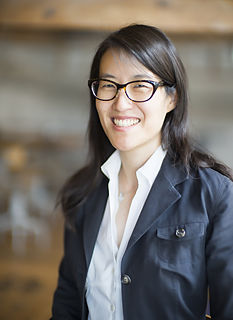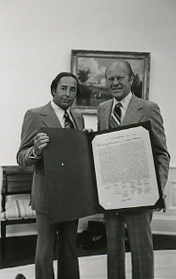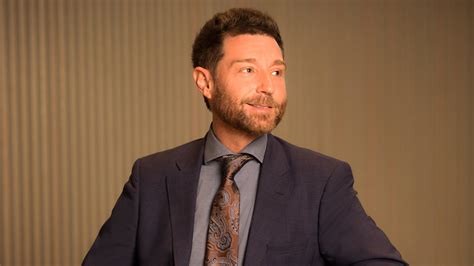A Quote by Malcolm Gladwell
A study at the University of Utah found that if you ask someone why he is friendly with someone else, he’ll say it is because he and his friend share similar attitudes. But if you actually quiz the two of them on their attitudes, you’ll find out that what they actually share is similar activities. We’re friends with the people we do things with, as much as we are with the people we resemble. We don’t seek out friends, in other words. We associate with the people who occupy the same small, physical spaces that we do.
Related Quotes
A good friend is someone we can count on, as well as being so much more. A friend is someone with whom we can relax and just hang out, have fun and share our innermost thoughts - deep dark secrets, lofty and noble goals, or our hopes, joys, and fears. A good friend allows you a safe space to share your deepest thoughts and needs - without worry of being judged, criticized or made to feel silly for feeling the way you do. Friends cheer each other on, laugh and cry together, and just plain commiserate and listen to each other. That's why friends are friends.
You can now share your story anonymously much more easily than you could earlier and you can watch people have conversations about it. And when people come out and say negative things about you, there will be other people who have had similar experiences or who know people who have had similar experiences who will defend you.
I'm certainly not an expert and I imagine I'll spend my life figuring it out. What I do know, is that you can't take it all on yourself: find amazing people to collaborate with, build a team, and support other people doing the same. When you share your goals and ambitions with other people and they share with you, you exist in an energizing cycle of always creating new things with people that believe in you.
Some men are deeply likable but have attitudes I don't like. Does that mean I should completely dismiss them? It's like saying: if someone votes Tory can you like them? And, yes, I can. I have friends who vote Tory, and I'm appalled, but that's not to say they're not great people in so many other ways. We have a tendency to oversimplify things.
To be loved by someone is to realize how much they share the same needs that lie at the heart of our own attraction to them. Albert Camus suggested that we fall in love with people because, from the outside, they look so whole, physically whole and emotionally 'together' - when subjectively we feel dispersed and confused. We would not love if there were no lack within us, but we are offended by the discovery of a similar lack in the other. Expecting to find the answer, we find only the duplicate of our own problem.
In fact, most of the time, people with similar information, similar beliefs and similar apparent choices will choose similar actions. So if you want to know why someone does what they do, start with what they know, what they believe and where they came from. Dismissing actions we don't admire merely because we don't care enough to have empathy is rarely going to help us make the change we seek. It doesn't help us understand, and it creates a gulf that drives us apart.
I'm more of the girl who's always in the friend zone, and I try to help if my other friend wants to get with someone. I can be a bit cheeky and say stuff that embarrasses my friends, but I'm normally the girl who guys like to be friends with, so I become friendly with the guy and then go, 'Oh, this is my other friend.'


































